|
~ You might hear it used at a wine tasting, or even in reference to coffee - but what, exactly, is terroir? ~ What is it? 'Terroir' (pronounced 'ter-wahr') is a French word meaning 'soil' or 'earth,' but also involves "specificity of place, which has come to include not only the soil in a region, but also the climate, the weather, the aspect of the vineyards and anything else that can possibly differentiate one piece of land from another." - Musings on the Vine Terroir is referenced as a way to differentiate between flavor profiles present in a wine due to the growing conditions of the grapes. Wine Folly explains terroir as being made up of four parts - climate (warm or cool, affecting the sugar level of the wine grapes), soil (mineral content), terrain (altitude, distance to nearest body of water, etc). and tradition (less direct of an impact, but important with wines steeped in centuries of specific styles & techniques of wine making.) Above, Wine Folly's Essential Guide to Wine (which is awesome!) details examples of the wine types and flavor profiles based on terroir in France. What about coffee? As Richard Reynolds for Imbibe points out, "...the wine-coffee terroir analogy is complicated by the significant effects of processing and roasting, and some people take issue with the analogy, saying we just can’t know whether we’re tasting the effects of the soil and climate, the processing or the roasting." While anyone relatively familiar with the single origin options available in most third wave cafes today could tell you an Ethiopian coffee will definitely taste different than a Colombian, the processing and roasting play a large role as well. Erin Meister explains that "in many growing regions, producers follow generally similar processing practices that will impart specific flavors to the coffees grown there, which we might associate with location but in fact relates more to technique than topsoil." The closest comparison would likely be to the 'tradition' factor of terroir as defined by Wine Folly above - not necessarily a part of the actual terrain or climate, but related due to the fact that farmers from the same areas tend to adopt similar processing methods, producing similar products across their region and providing the familiar flavor profiles we have come to associate with a Guatemalan coffee or a Burgundy wine. What are your thoughts on terroir? Tell us in the comments below!
Cheers ~ Sadie
0 Comments
Leave a Reply. |
Archives
May 2017
Categories
All
|
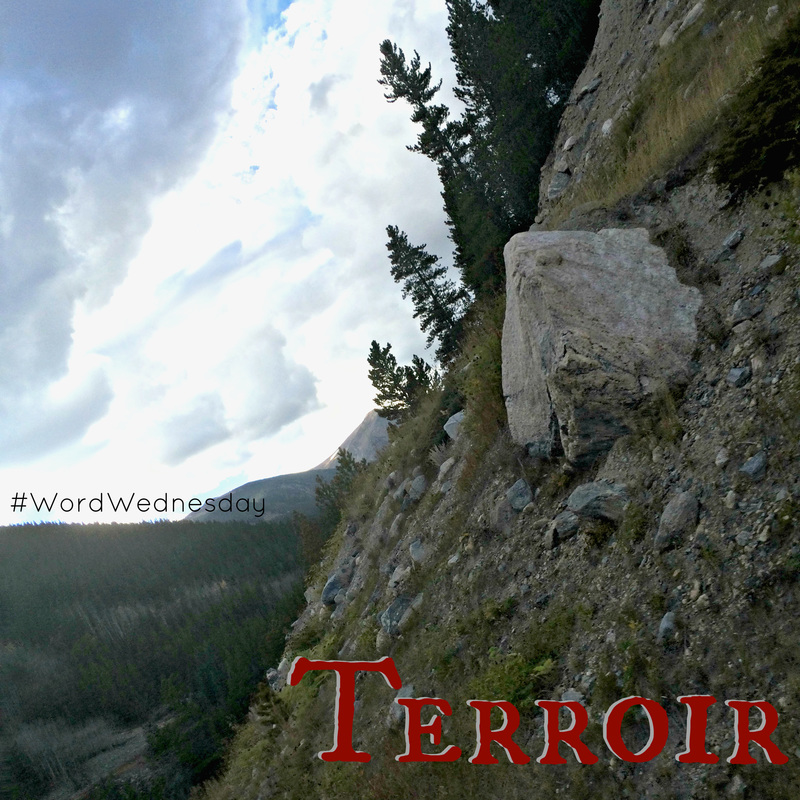
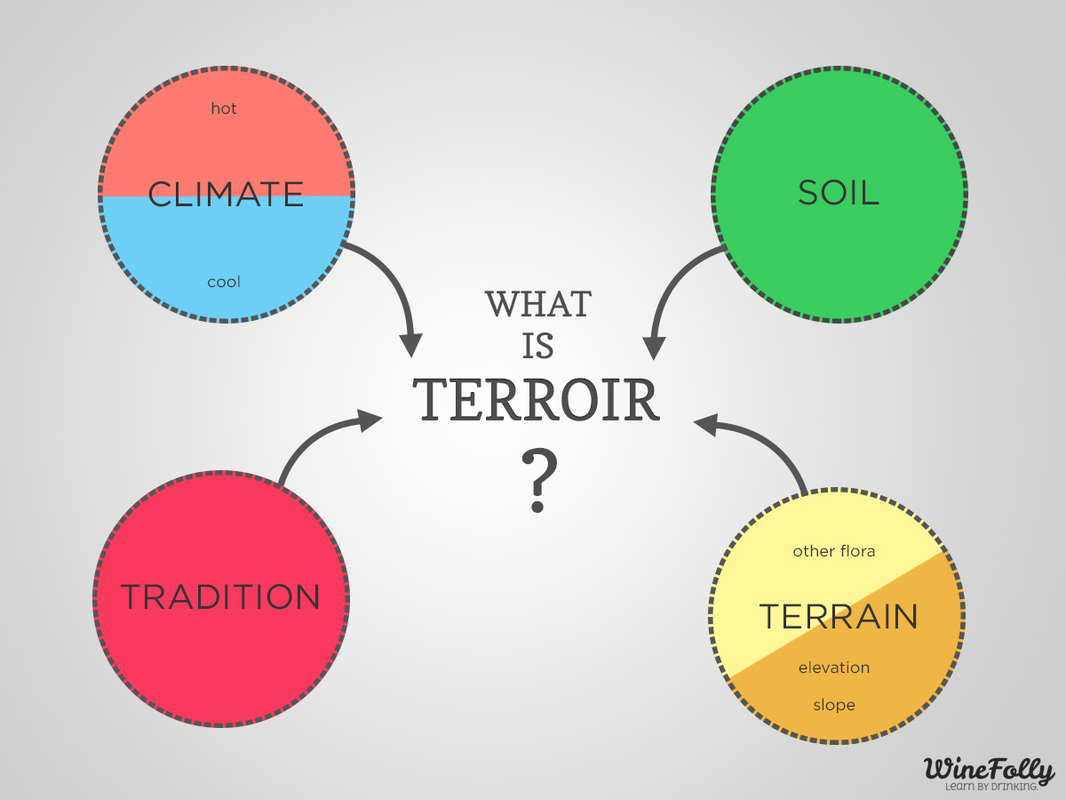
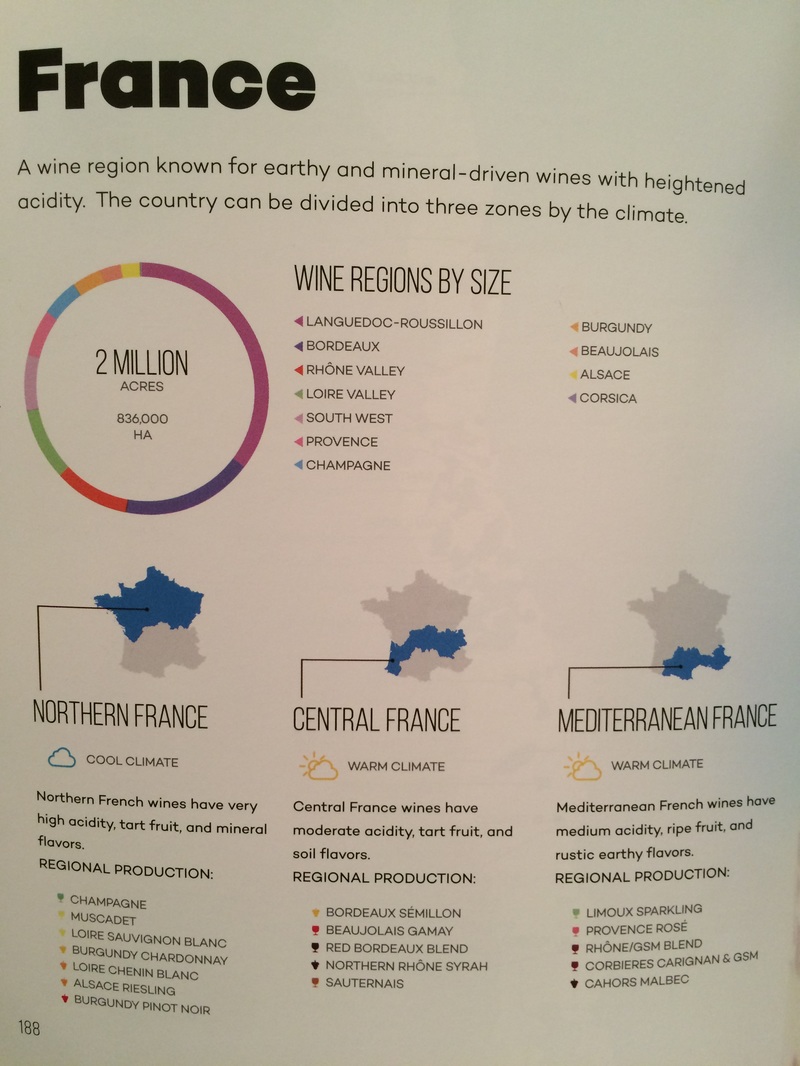
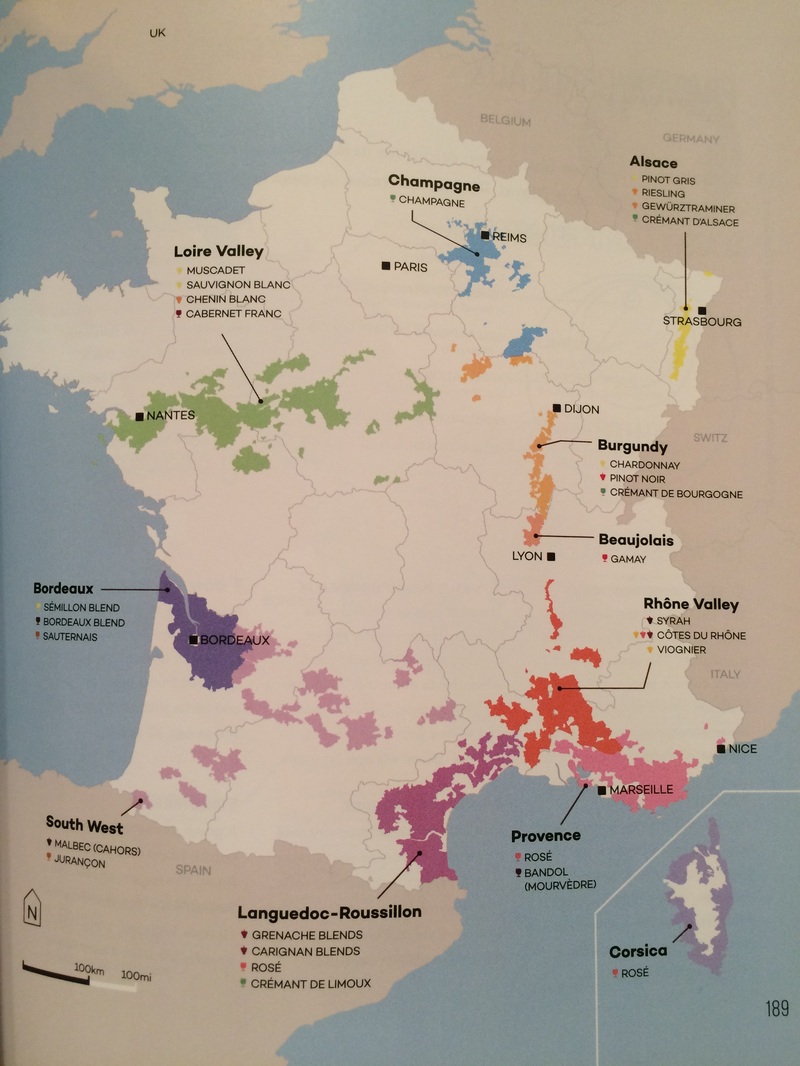
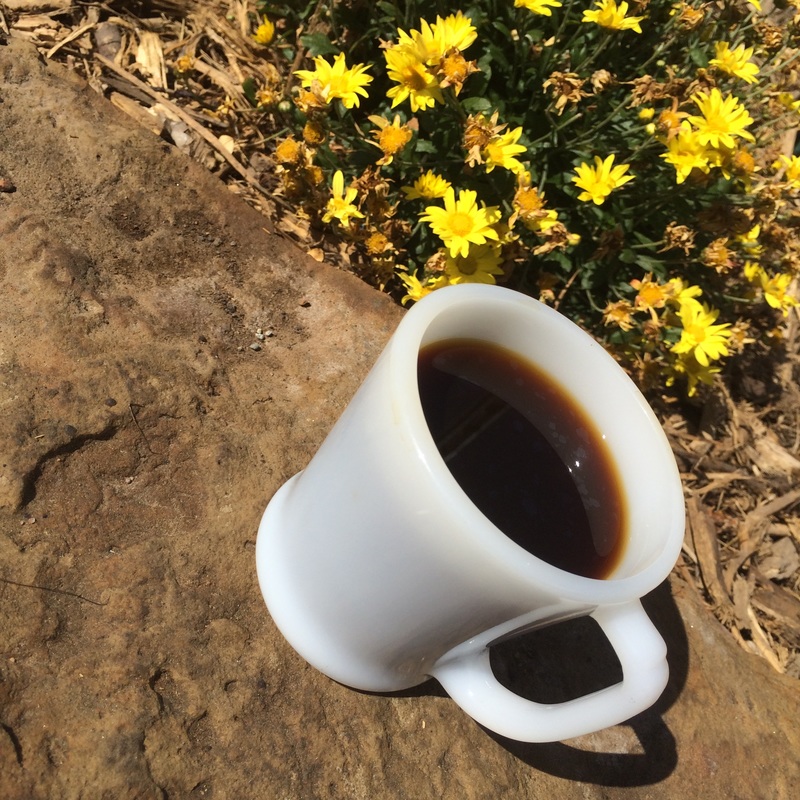
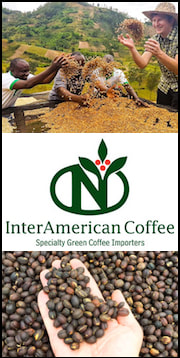


 RSS Feed
RSS Feed